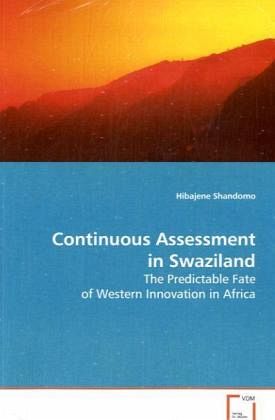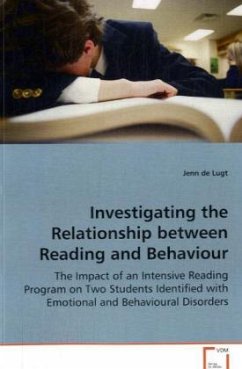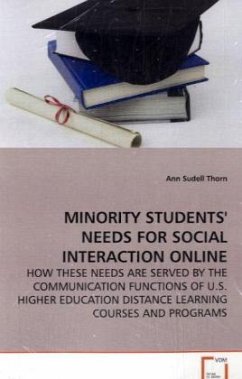
Continuous Assessment in Swaziland
The Predictable Fate of Western Innovation in Africa
Versandkostenfrei!
Versandfertig in 6-10 Tagen
45,99 €
inkl. MwSt.

PAYBACK Punkte
23 °P sammeln!
Yale political scientist James Scott hasdistinguished himself as a leading scholar on issuesrelated to the imposition of Western ideas in non-Western countries. In Seeing Like a State (1998) heexplains how developing countries latch on to keyinstitutional innovations from the developed world,assuming that the implementation of these ideas willyield the prosperity they sorely lack. Anddeveloped nations, seeking to increase thepurchasing power of potential trade partners, areall too ready to help with the export of innovationsusing the same logic. The flaw in the logic,according to Scott, is tha...
Yale political scientist James Scott hasdistinguished himself as a leading scholar on issuesrelated to the imposition of Western ideas in non-Western countries. In Seeing Like a State (1998) heexplains how developing countries latch on to keyinstitutional innovations from the developed world,assuming that the implementation of these ideas willyield the prosperity they sorely lack. Anddeveloped nations, seeking to increase thepurchasing power of potential trade partners, areall too ready to help with the export of innovationsusing the same logic. The flaw in the logic,according to Scott, is that the success or failureof institutional innovation hinges on the abilityand willingness of individuals to carry them out.What follows is a kind of case study of one Westerneducational innovation, continuous assessment, inone non-Western country, Swaziland. It is anattempt to "see like a state" with respect to thepossibility of educational improvement and anyprosperity it might bring to Swaziland.Regrettably, the results of this study lend credenceto Scott's thesis.












